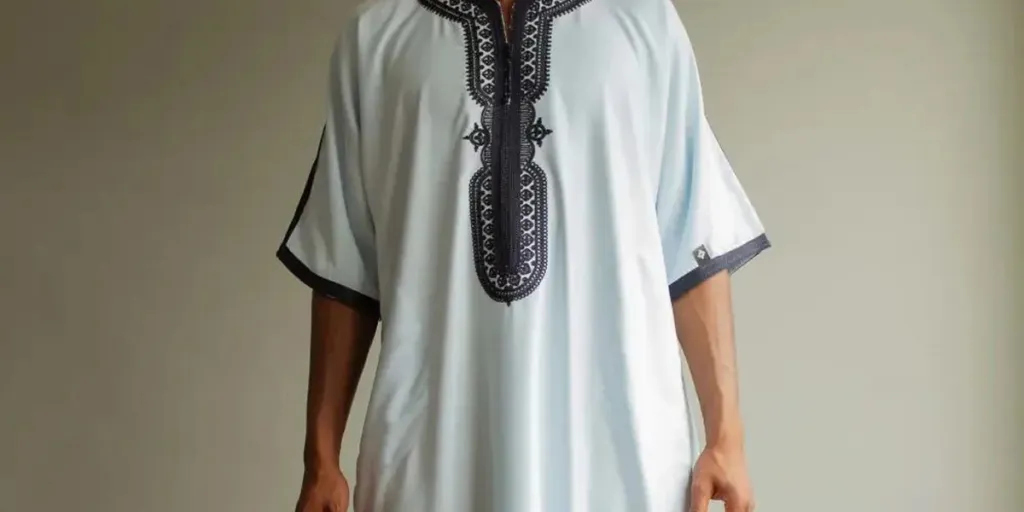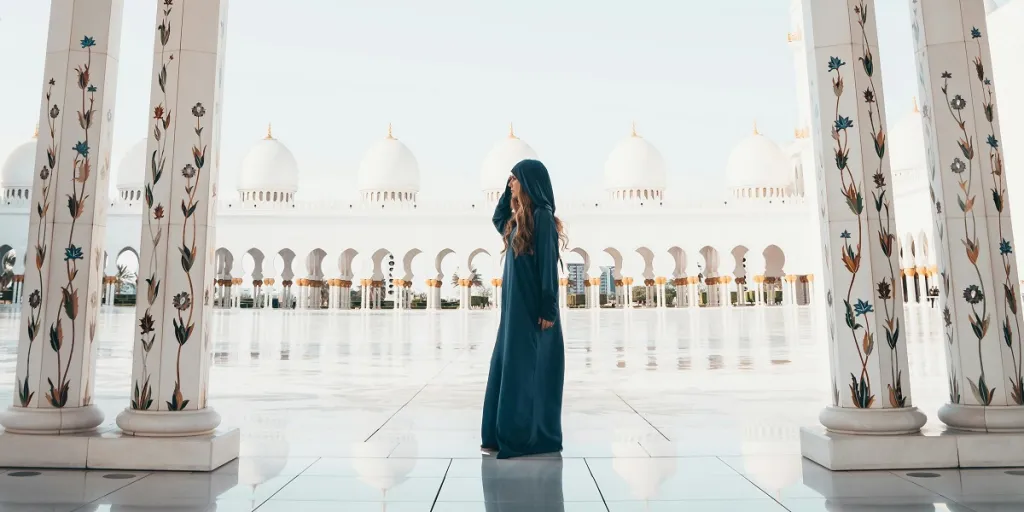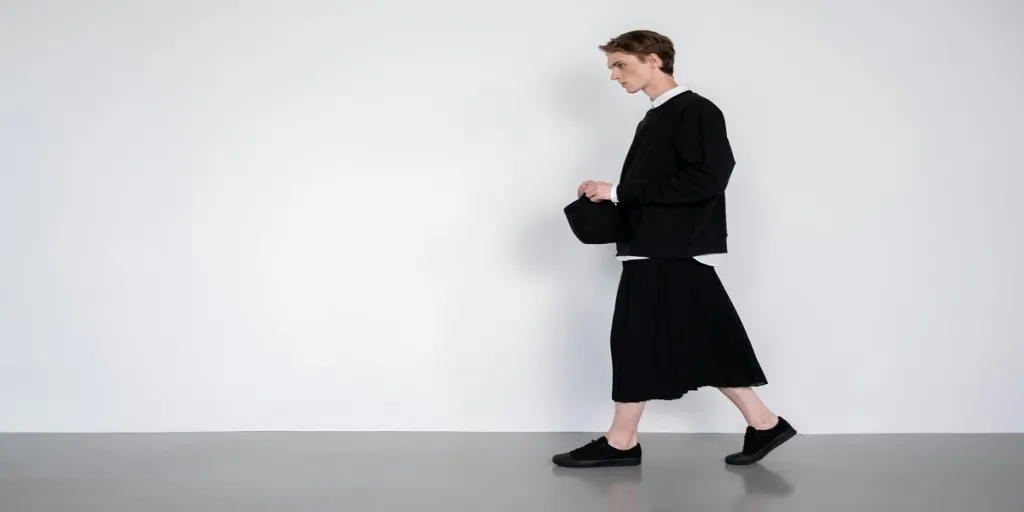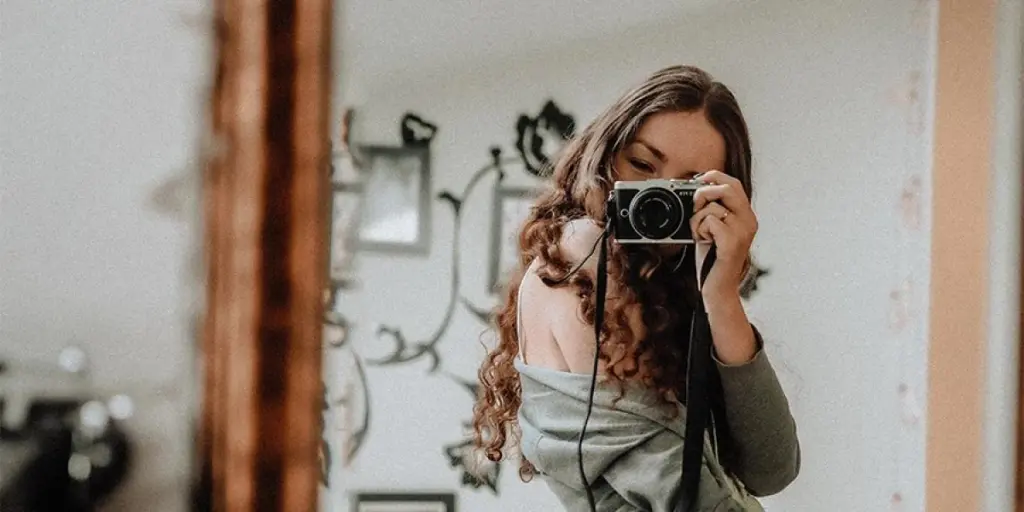Muslim culture has brought many things to the world, but one garment that particularly stands out is the thobe. Thobes for men (or thawbs) are elegant, simple, ankle-length garments deep-seated in tradition. Additionally, they have a solid reputation as a staple of male attire in the Muslim world.
But the good news is that anyone can wear them in 2024, and designers haven’t hesitated to release a range of updated looks. This article will highlight six thobe styles that will make spring/summer a breeze for many consumers in 2024.
Table of Contents
What are thobes, and why are they trending?
6 men’s thobe styles retailers can add to their inventories
3 updates that make traditional thobe designs even better
Final words
What are thobes, and why are they trending?

Thobes have a deep history, going back centuries in the Arabian Peninsula. They started as simple, loose garments that protect men from harsh desert conditions. But now, thobes have evolved into a symbol of comfort, elegance, and cultural pride.
As mentioned earlier, thobes are ankle-length garments with simple yet elegant designs. Although many think thobes are religious garments, that’s far from the truth. Thobes have modest designs that embody the Islamic teachings of decency and humility, which is why they are a popular choice among Muslims.
For this reason, anyone (Muslim and non-muslim) can wear a thobe. In truth, their designs make them popular summer garments that men can wear with lightweight trousers—so it’s no surprise they’re trending this year. According to Google data, thobes has seen a surge in search interest in the past few months (over 100% growth). In April, they attracted 165,000 searches and 135,000 in May—a huge increase from 74,000 in March.
6 men’s thobe styles retailers can add to their inventories
Saudi Arabian thobes

The Saudi Arabian thobe is one of the most common styles today. Since Saudi Arabia has the largest cultural influence in the Muslim world, it makes sense that their thobes have the most reach. Plus, the well-known Saudi Imams leading prayers while wearing this thobe style have only boosted their popularity.
Design-wise, Saudi Arabian thobes have characteristics that make them easily distinguishable. They have large, stiff collars with two buttons (sometimes, designs may have more than two). These thobes also have front pockets on the left side above the chest.

White is the most popular color for Saudi Arabian thobes—but they can also come in other light, neutral colors. These color choices are the most effective for reflecting the notorious desert heat—keep in mind that these lighter colors are the go-to summer thobes. The palettes change for the winter seasons.
Retailers can stock these thobes in other colors, like dark hues and neutral tones. The materials are also thicker to keep men warm in colder weather. Lastly, Saudi Arabian thobes often have tighter fits than other thobe styles.
Emirati and Omani thobes

These thobes offer something different from their Saudi Arabian counterparts. They ditch the classic collars for a tassel hanging from the neckline’s center. Their lapels also come with small, clicky buttons for closure. In addition, Emirati thobes often don’t have front pockets.
Omani thobes also come with similar designs. However, the tassel hangs from the side of the neckline instead of the center. Regardless, many call both Emirati and Omani thobes “kanduras.”
Bahraini, Qatari, Kuwaiti, and Yemeni thobes

The remaining Gulf states also have thobes. Although they feel similar to Saudi Arabian thobes, these thobes have minor differences. For starters, they have collars with only one button or none at all. Additionally, Qatari thobes usually feature shiner polyester fabrics.
People also call thobes from these Arab countries “dishdashas.” The way men style these thobes also differs from the classic Saudi Arabian variant. Usually, men pair them with the ghutrah or shemagh (an iconic Middle Eastern shawl). And for formal occasions, they wear them under a translucent wool cloak called a “Bisht.”
South Asian thobes

Things are a bit different for people of South Asian descent. Instead of Saudi Arabian-style thobe, the common design for them is the Kurta (or Kameez). Some men even pair them with matching trousers to create an iconic outfit popular in South Asia.

Beyond that, retailers can sell Kurtas in various colors and styles (including the standard white). These thobes are also shorter than the classic style, with many often resting at knee length and others slightly longer. But that’s not all. Kurtas also have side slits that make it easier for men to move—a popular issue with traditional thobes.
Moroccan thobes

Moroccan thobes are also very unique, and people often call them Kaftans. These thobes are like loose-fitting robes with pointed hoods. They come in eye-catching styles and shades, with many boasting bold geometric patterns of contrasting colors that resonate with Moroccan art and architecture.

Kaftans are more adventurous versions of other Arabian thobes. Instead of the formal and tailored design popular with traditional thobes, Moroccan thobes embody a diverse world of colors and patterns. Manufacturers also make them from heavier fabrics to provide warmth in cooler weather. And Kaftans often come with intricate embroidery to make them more visually appealing.
Urban/casual thobes

Thobes may be an Arabian thing, but many Westerners love the garment enough to add them to their wardrobes. That’s where urban thobes come in. This style showcases traditional thobes mixed with modern features, like ribbed cuffs, zips, or drawcords. These features make thobes more comfortable and practical for casual wear.

Urban/casual thobes also have toned-down designs. Most variants blend traditional thobes with casual clothing elements. For instance, thobes may have sections of darker patterns or colors to create contrast on light-colored thobes. Urban thobes also use more neutral colors, like grays, blacks, and browns—and they pair well with the modern wardrobe.
3 updates that make traditional thobe designs even better
Fabric innovations

Although the traditional thobe design remains largely unchanged, the fabrics have received some much-needed updates. Manufacturers now make more thobes with lighter-weight cotton, linen, and blends. These materials make them better for warmer climates and increase their wear comfort.
In addition, some manufacturers use fabric blends to make their thobes even more appealing. Their blends often include performance fabrics to give thobes wrinkle resistance, moisture wicking, and some slight stretch properties.
Style updates

While still maintaining the overall classic aesthetic, some thobes now feature subtle embroidery, contrasting trims, or unique buttons. Some customers are also shifting toward slimmer fitting thobes, particularly younger wearers looking for more modern silhouettes.
Accessibility and customization
Thanks to online retail, thobes are now more accessible than ever to people globally. And with this wide accessibility also comes the need for customizations. So, retailers can stay ahead of the curve by offering made-to-measure or customization options for thobes, allowing customers to truly personalize their garments.
Final words
Thobes have evolved to become a favorite for men across the globe. For this reason, retailers can broaden their marketing efforts to potential consumers outside the garment’s traditional home. Whether they love the timeless elegance of the classic thobe, the vibrant colors of the Kaftan, or the modern allure of the Urban variant, there’s a style for every personal taste and need. For more topics like this, subscribe to Chovm.com’s Apparel & Accessories section for the latest industry updates.




